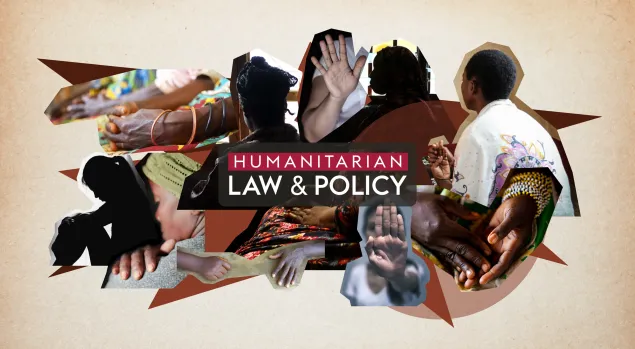Sexual violence and the law
Rape and other forms of sexual violence cause physical and psychological harm to their victims – women, girls, men and boys – and have a direct impact on their families and communities. When such acts are committed in the context of an international or non-international armed conflict, they constitute violations of international humanitarian law (IHL).
In line with their obligation to respect and ensure respect for IHL, states must prevent and criminalize rape and other forms of sexual violence in their domestic legal systems. States also have an obligation to investigate and prosecute or, if applicable, to extradite the perpetrators of such crimes and to ensure that victims have access to health care, justice and reparations. International criminal law provides criminalization and a basis for jurisdiction at the international level.










